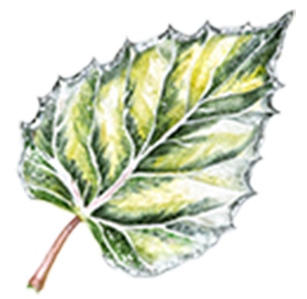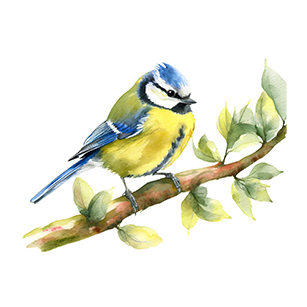



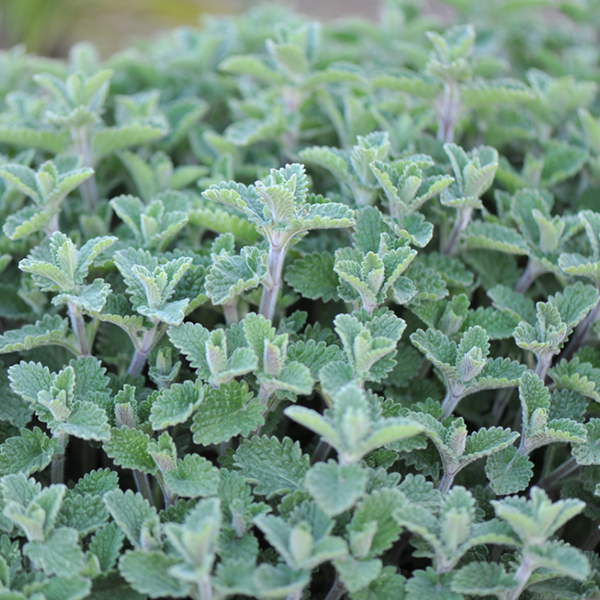
Guarantee
Shipping
Here at Mail Order Trees, getting your trees and plants to you quickly and in perfect condition is our top priority. A great feature of our specially designed cardboard boxes is that they are 100% recyclable, which will help to reduce your carbon footprint even further.
We have a standard flat rate charge of £9.95 per consignment (including VAT) to England and Wales so the more you buy, the more you save! Prices for Scotland, Grampian, the Highands can be calculated in the checkout area. Unfortunately we are unable to ship to any other locations aside from these. This means we do not ship to Isle of Wight, Channel Islands, Northern Ireland/Ireland and any Scottish Islands.
Our usual delivery time is up to 7-10 working days, excluding weekends and bank holidays. We will, as ever, aim to stick to our usual timescale but please be aware that this may not always be possible. Please take the time to fill out the special instructions box in the checkout area with the details of a neighbour or safe place that your trees can be left. Every effort will be made to make deliveries in this time or on a date requested by you.
Mail-Order-Trees cannot be held responsible for delayed deliveries due to factors beyond our control such as Public Holidays or adverse weather conditions which make it impossible to lift bare-rooted trees. In cases such as these, you will be notified.
We can only deliver to physical addresses and not to PO boxes. A complete address including correct postcode must be provided. Incorrect postcodes cause more delays than omitting the postcode altogether.
Mail-Order-Trees cannot be held responsible for orders not received if an incorrect address is provided. It will also be necessary to give us details of where to place items should you be out when the delivery arrives. Mail-Order-Trees cannot be responsible for items lost if we have followed your instructions. A contact telephone number can also be very useful to our courier.
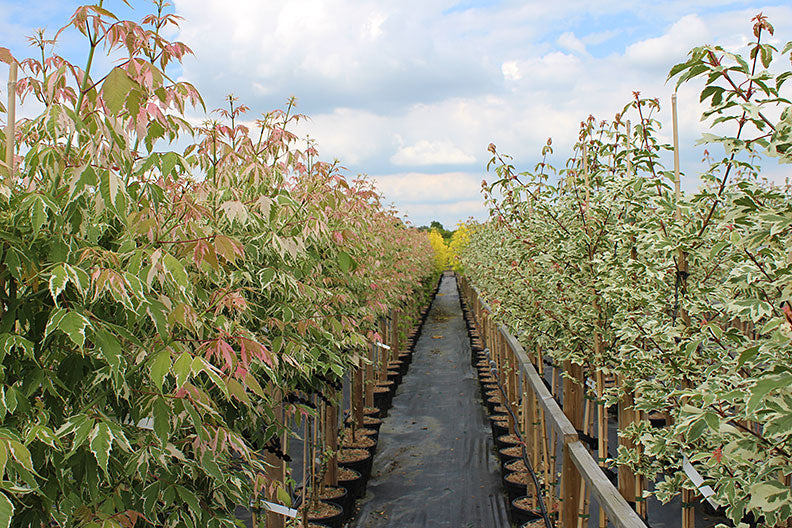

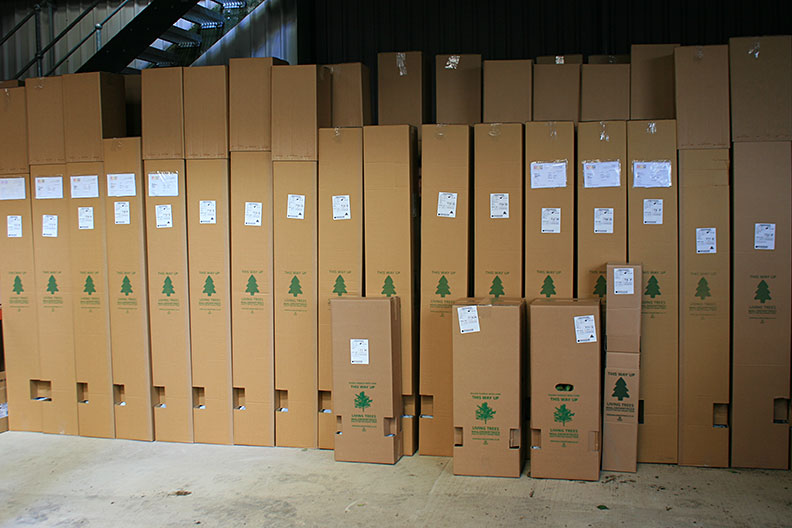
Nepeta 'Six Hills Giant' - A Tall and Aromatic Perennial
Nepeta 'Six Hills Giant', commonly known as Catmint, is a tall and aromatic perennial that adds a splash of lavender-blue colour to the garden from late spring through early autumn. Known for its long blooming period and fragrant foliage, this plant is perfect for borders, cottage gardens, and ground cover. 'Six Hills Giant' brings both beauty and resilience to various garden settings.
The standout feature of Nepeta 'Six Hills Giant' is its abundant lavender-blue flowers. These blooms create a striking display that attracts pollinators such as bees and butterflies. The flowers rise above the grey-green, aromatic foliage, adding height and a burst of colour to the garden. The long blooming period ensures that 'Six Hills Giant' provides continuous interest throughout the growing season.
Caring for Nepeta 'Six Hills Giant' is straightforward, making it suitable for gardeners of all experience levels. Plant Catmint in well-drained, moderately fertile soil and ensure it receives plenty of sunlight, though it can also thrive in partial shade. Water regularly to keep the soil evenly moist, especially during dry periods. To encourage continuous blooming and maintain a tidy appearance, deadhead spent flowers regularly. In late autumn, cut back the stems to ground level to prepare the plant for winter. With its low maintenance needs and fragrant, lavender-blue flowers, Nepeta 'Six Hills Giant' is a wonderful addition to any garden, providing long-lasting colour, aromatic foliage, and attracting beneficial pollinators.
Common Name: Catmint
Latin Name: Nepeta 'Six Hills Giant'
Special Feature: Long blooming period; aromatic foliage; excellent for borders, cottage gardens, and ground cover
Mature Height:

Mature Width:

Growth Habit:

Planting Position:

Weather Exposure:

Hardiness:
